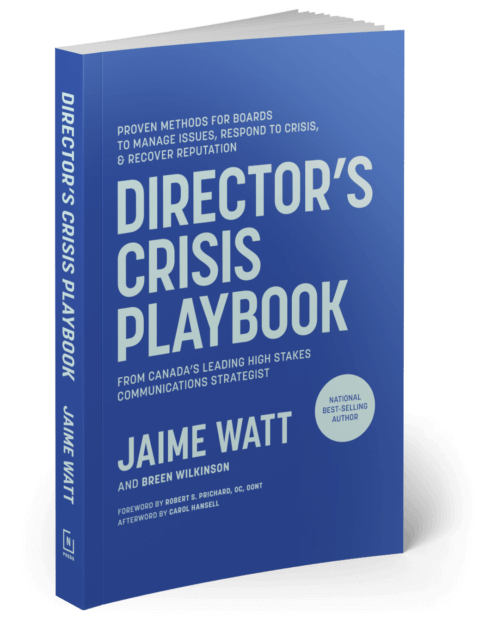A few assumptions to start.
Mark Carney will handily win the federal Liberal party’s nomination, become Prime Minister, and march — more or less straightaway — into Rideau Hall to ask the Governor General to call an election.
During the contest that follows, U.S. President Donald Trump will not suddenly decide to take his foot off the gas. He will continue to bully, intimidate, and harass Canada. He will impose more tariffs, dangle new threats, and heighten economic pressure. He will continue his campaign of extranational humiliation.
In other words, the current crisis will not just persist — it will escalate.
So, make no mistake: this crisis is not the backdrop, it will define the stakes, the strategy, and the ultimate outcome of the election. And with it, three fundamental realities will emerge — each shaping the battle ahead.
First, is the exceedingly obvious point that this election will not be about Justin Trudeau’s record, nor will it be a referendum on the carbon tax. The Liberal brand, battered and bruised as it may be, may just well escape a judgment of its record as the election becomes a genuine fight over the future of the country.
Second, is a more counterintuitive point: this contest won’t be decided on policy.
At his “Canada First” rally last weekend, Conservative Leader Pierre Poilievre quipped that Mark Carney would simply “plagiarize” all his policies before the election. It is a clever way to salt the earth for Carney’s policy agenda in the coming campaign, to be sure, but it was also a tacit admission of something deeper.
The economic challenges facing Canada are so glaring — so long overdue — that a broad policy consensus has already taken shape. One drawn closer by the fact that Carney, Harper’s appointee as governor of the Bank of Canada, carries a distinctly fiscally conservative pedigree.
Yes, Poilievre and Carney will try to outflank each other on the margins. But on the most urgent issues — meeting our NATO commitment, diversifying our trading relationships, eliminating interprovincial trade barriers, tackling productivity stagnation — their objectives will be strikingly similar.
Their execution will of course be wildly different. But the point is this election won’t be won or lost on the ideological extremes. This fight isn’t about the destination — it’s a fight over who gets to drive the country there.
Third, and most importantly, is the fact the ballot question has already been set in stone.
As I argued in Ontario’s election, this federal race won’t hinge on who is best suited to “negotiate” with Trump. Canadians see through that. No one is “best suited” to deal with an irrational, transactional, and unpredictable actor.
Instead, the ballot question will be: Who is best able to protect Canadians from the harm — economic, psychological, and geopolitical — that Trump’s presidency has already inflicted and will continue to bring?
This is no ordinary ballot question. And this will be no ordinary race.
With no incumbency disadvantage, or advantage, and no radical ideological divide in the eyes of most voters, this race will come down to political intangibles.
Who has the leadership qualities to reassure Canadians?
Who exudes confidence, strength, and control?
Who makes us believe that together we can get through this as Canadians?
Who convinces voters they can handle Trump’s economic aggression without making things worse?
All the while making it clear that they are on the side of hard working, everyday Canadians who are finding life more and more difficult.
The stakes of this race are unlike anything in recent history. The political ground is shifting beneath our feet. There is no playbook for what’s ahead.
But as Canadians narrow their focus on self-preservation in the wake of Donald Trump’s return, so too must Carney and Poilievre narrow their strategies around that singular fear. In the end, this election will be a referendum on one thing: who can make Canadians feel safest in a world growing more volatile by the day.
And it will be won by the leader who best embodies that safety and galvanizes Canadians to hold the line against the coming chaos.


